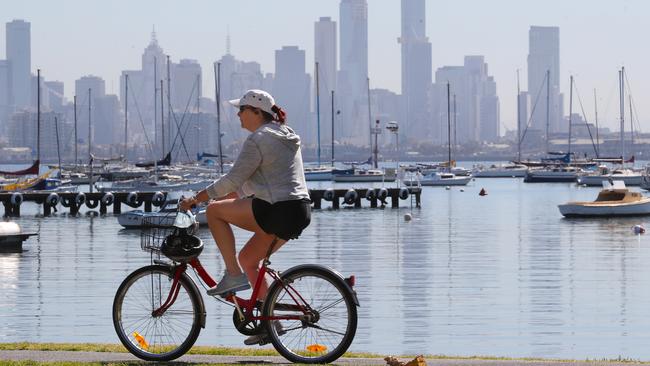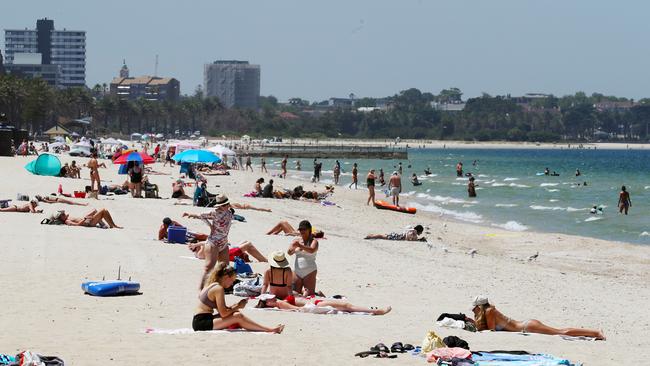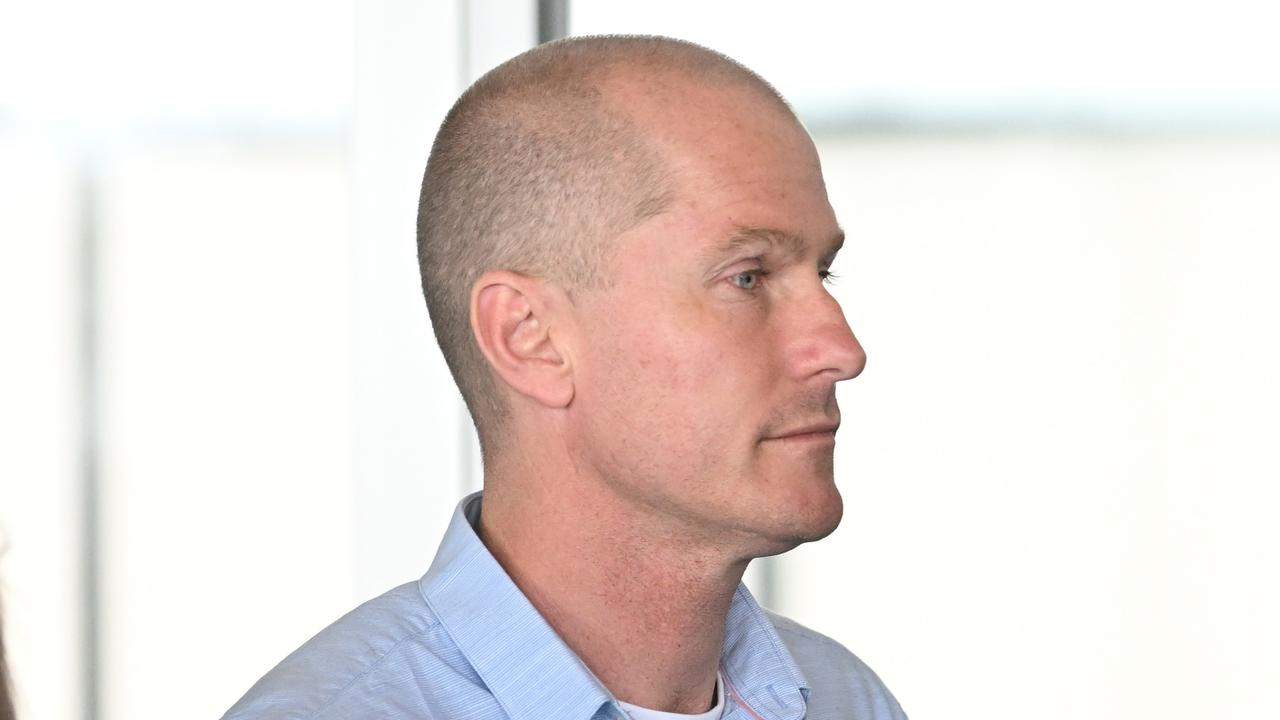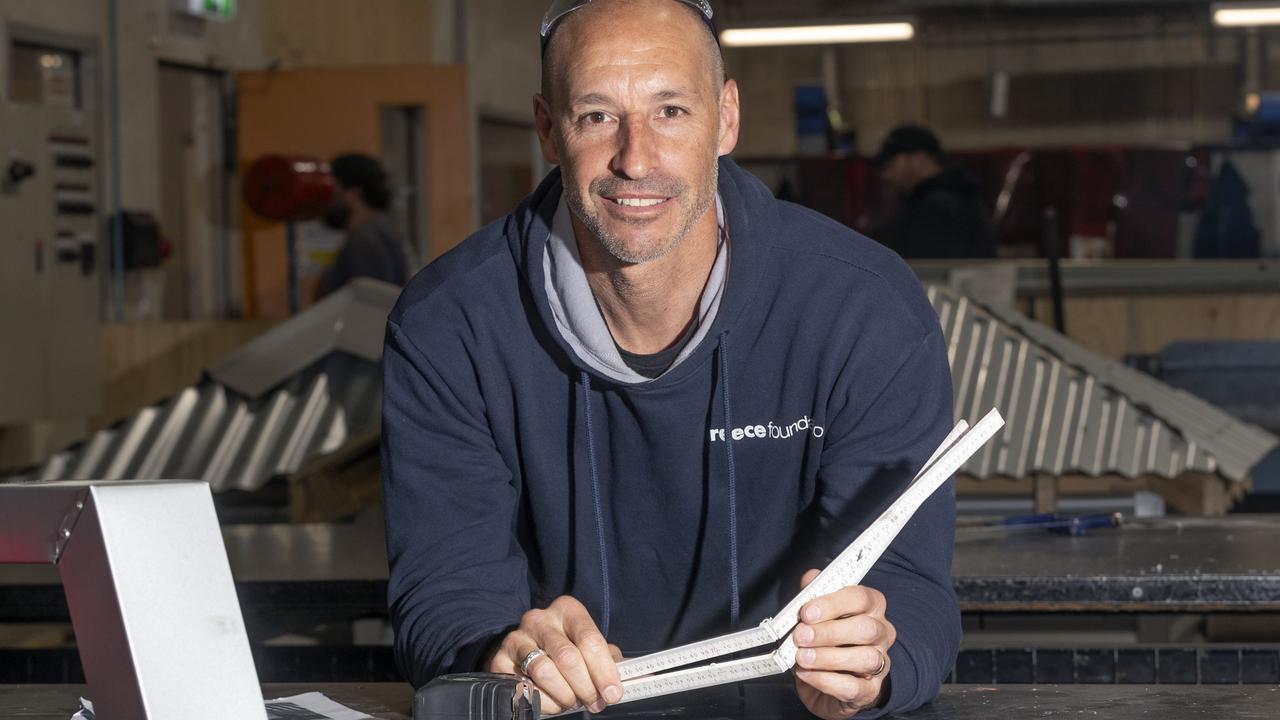City of Melbourne appoints ‘heat officers’ to fight climate change
Melbourne City Council has become the sixth city in the world to appoint “chief heat officers” to deal with the “life-threatening” effects of climate change.

Victoria
Don't miss out on the headlines from Victoria. Followed categories will be added to My News.
Melbourne City Council has appointed “chief heat officers” to deal with “life-threatening” climate change effects.
The council has previously declared a “climate emergency”, and now becomes the first Australasian municipality to create the new roles.
Long-time council employees Tiffany Crawford and Krista Milne have the jobs of chief heat officers through a deal with the US-based Atlantic Council Adrienne Arsht-Rockefeller Foundation Resilience Center (Arsht-Rock).
Lord Mayor Sally Capp said the pair would be dedicated to reducing the city’s risks from extreme heat.
“We’ve already started acting to tackle extreme heat in Melbourne — using initiatives like our urban forest strategy to green and cool the city — but there’s more work to be done,” she said.
“Melbourne is already experiencing the consequences of climate change, with extreme heat a life-threatening reality — it’s why we need to do more.”
But Ratepayers Victoria president Dean Hurlston accused Ms Capp and the council of virtue signalling while city businesses needed more help.
“Chief heat officers might be a new woke term for climate change action, but this does nothing to restore business confidence,” he said.
“The alleged heat increases won’t matter a rip if thousands of businesses are closed, and staff don’t return to the CBD.”
The council said Melbourne was experiencing hotter days, longer and more intense bushfires and less rainfall.

It claimed that by 2050 the city will experience an average of 16 days over 35 degrees, fire days are projected to increase by 42 per cent per year, and there will be 20 per cent less rainfall during spring.
Ms Crawford and Ms Milne are currently co-directors of climate change and city resilience at the City of Melbourne.
They will continue those roles while taking on the heat officer posts, and will not be paid extra.
Arsht-Rock will give the council about $78,000 annually for climate change advocacy.
“Our city and its environment have felt the impacts of heatwaves and decades of drought. Everyone is at risk during a severe heatwave,” said Ms Milne.
Ms Crawford said: “We want Melburnians to use the city as a refuge during extreme heat events, but we cannot do this alone.”
“Our partnership with Arsht-Rock will bring together experts, governments and decision-makers to deliver solutions to keep Melbourne cool.”
Arsht-Rock spokeswoman Kathy Baughman McLeo said the council’s appointments were further proof that “a growing and urgent global movement is underway to protect people and local economies disproportionately affected by climate driven extreme heat: the deadliest yet least understood of all climate hazards”.
Melbourne is the sixth city to create a chief heat officer, with the others Miami-Dade County, US.; Athens, Greece; Freetown, Sierra Leone; Santiago, Chile and Monterrey, Mexico.


